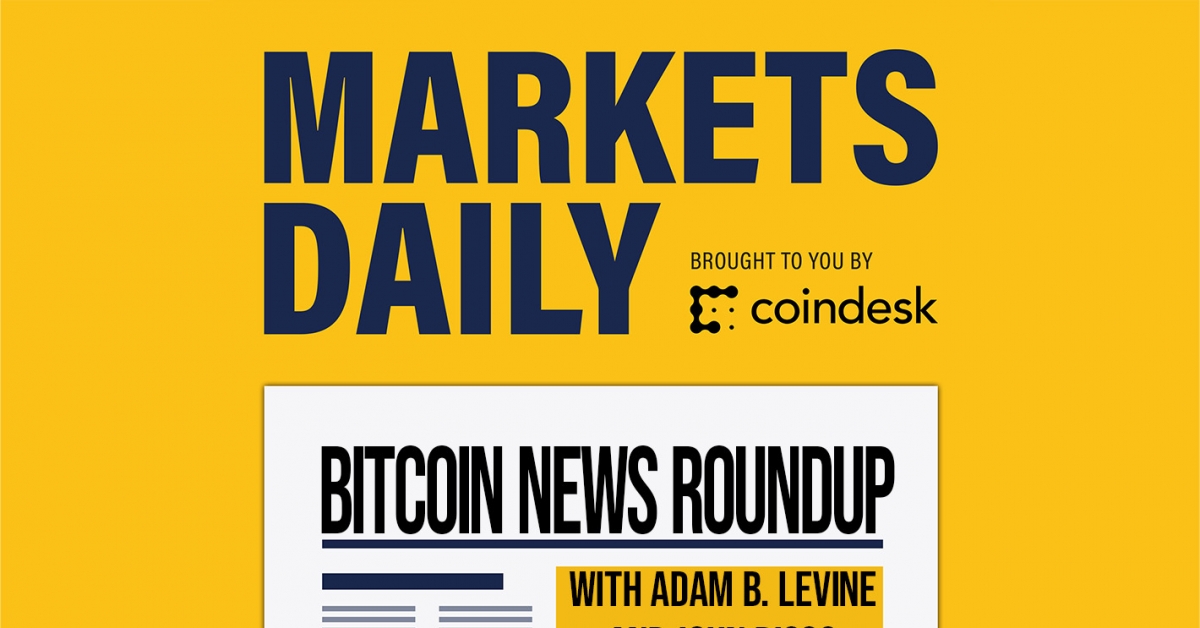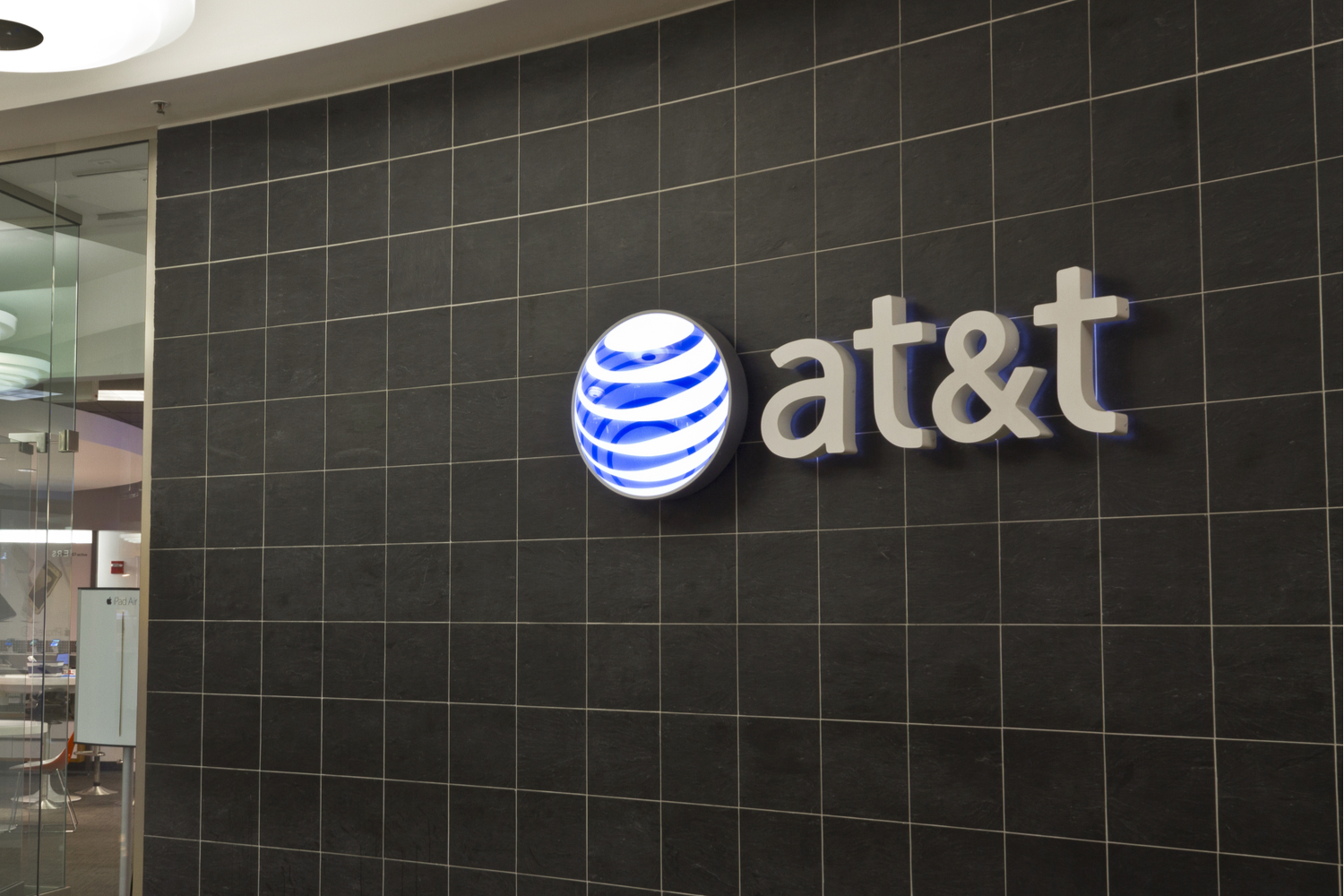Central banks should veto large stablecoins if they have fears they could upend monetary policy, the chair of the European Banking Authority (EBA) has said, citing fears that the use of permissionless blockchains could prove financially unsound.
EBA Chairperson José Manuel Campa will in the coming months be setting out the detailed rules to implement the European Union’s Markets in Crypto Assets regulation (MiCA), a landmark framework that will require stablecoin issuers to gain a license and hold suitable reserves.
“Central banks should have the power to veto the widespread introduction of so-called stablecoins” if they affect public policy goals, including financial stability or monetary policy, Campa said at an event hosted by think tank OMFIF on Thursday. Campa’s agency will also be responsible for directly supervising major issuers under MiCA.
MiCA lets central banks intervene on proposals to issue new stablecoins, referred to in MiCA as asset-referenced tokens. It also requires issuance to cease if the tokens become widely used with over 1 million transactions per day. Different rules apply for stablecoins tied to the value of a single fiat currency, known as e-money tokens.
Campa said he could see a future where stablecoins will “become even more relevant” as a means of payment, just as private payment systems now complement central bank money – but stressed they would have to comply with “sensible guardrails,” including respecting anti-money laundering laws.
In answer to a further question from former U.S. Commodity Futures Trading Commission Chairman Timothy Massad, Campa also appeared to share concerns voiced by the U.S. central bank, Federal Deposit Insurance Corporation, and Office of the Comptroller of the Currency that stablecoins on decentralized, permissionless blockchains could prove unsafe or unsound.
EU stablecoin issuers “have to ask for permission… you have to put forward your project and that project has to be assessed, particularly for the concerns that have been put forward by the U.S. regulators,” Campa said, adding that scrutiny would be greater on more ambitious projects.
“All issuers will be subject to a robust authorization and also supervisory framework going forward,” Campa said, including of prudential governance, conduct of business and redemption arrangements, with the largest issuers facing “enhanced stress testing” of their reserves.
MiCA is set to receive final sign-off from finance ministers next week, and its provisions will likely take effect around July 2024. Major players such as Circle and Unstoppable Finance have already announced their intention to issue stablecoins under MiCA.
Edited by Sandali Handagama.
DISCLOSURE
Please note that our
privacy policy,
terms of use,
cookies,
and
do not sell my personal information
has been updated
.
The leader in news and information on cryptocurrency, digital assets and the future of money, CoinDesk is a media outlet that strives for the highest journalistic standards and abides by a
strict set of editorial policies.
CoinDesk is an independent operating subsidiary of
Digital Currency Group,
which invests in
cryptocurrencies
and blockchain
startups.
As part of their compensation, certain CoinDesk employees, including editorial employees, may receive exposure to DCG equity in the form of
stock appreciation rights,
which vest over a multi-year period. CoinDesk journalists are not allowed to purchase stock outright in DCG
.
Jack Schickler is a CoinDesk reporter focused on crypto regulations, based in Brussels, Belgium. He doesn’t own any crypto.
Learn more about Consensus 2024, CoinDesk’s longest-running and most influential event that brings together all sides of crypto, blockchain and Web3. Head to consensus.coindesk.com to register and buy your pass now.
Jack Schickler is a CoinDesk reporter focused on crypto regulations, based in Brussels, Belgium. He doesn’t own any crypto.

:format(jpg)/www.coindesk.com/resizer/VDk3MowyGg2DUxeRJFgGIHdZ6SE=/arc-photo-coindesk/arc2-prod/public/ZHFQDVVL5ZHVNGH7MTIESP35ZU.jpg)








